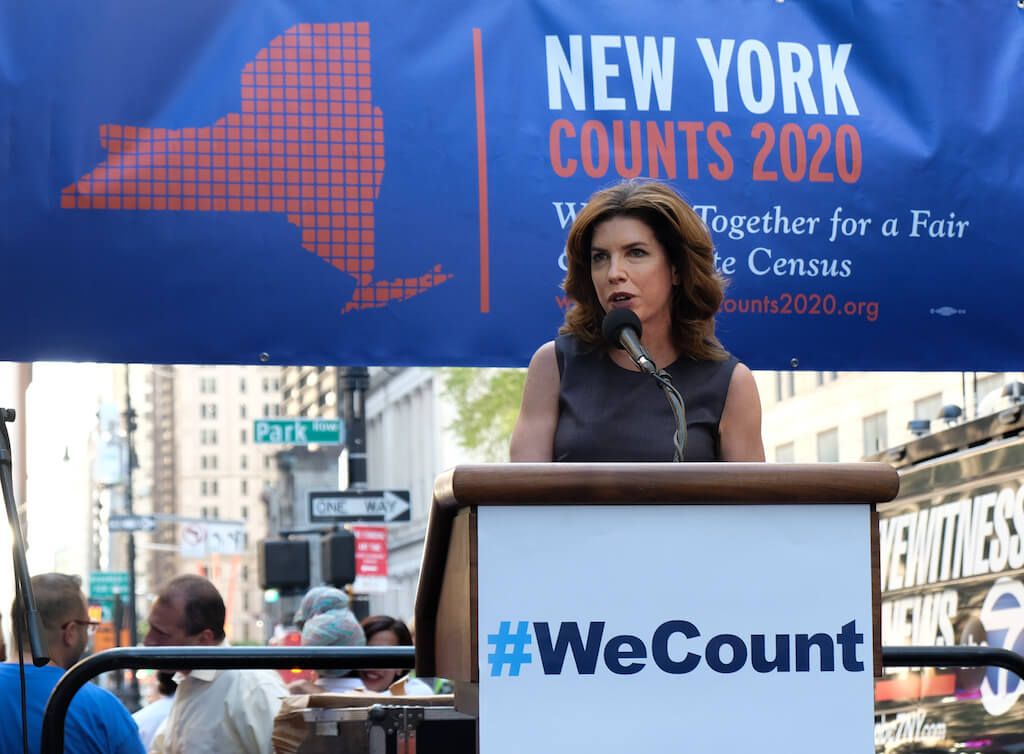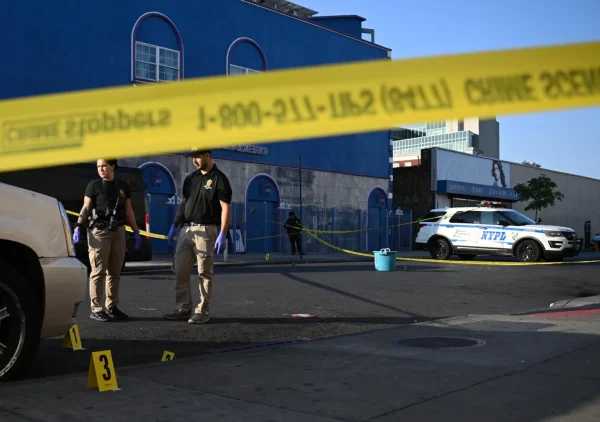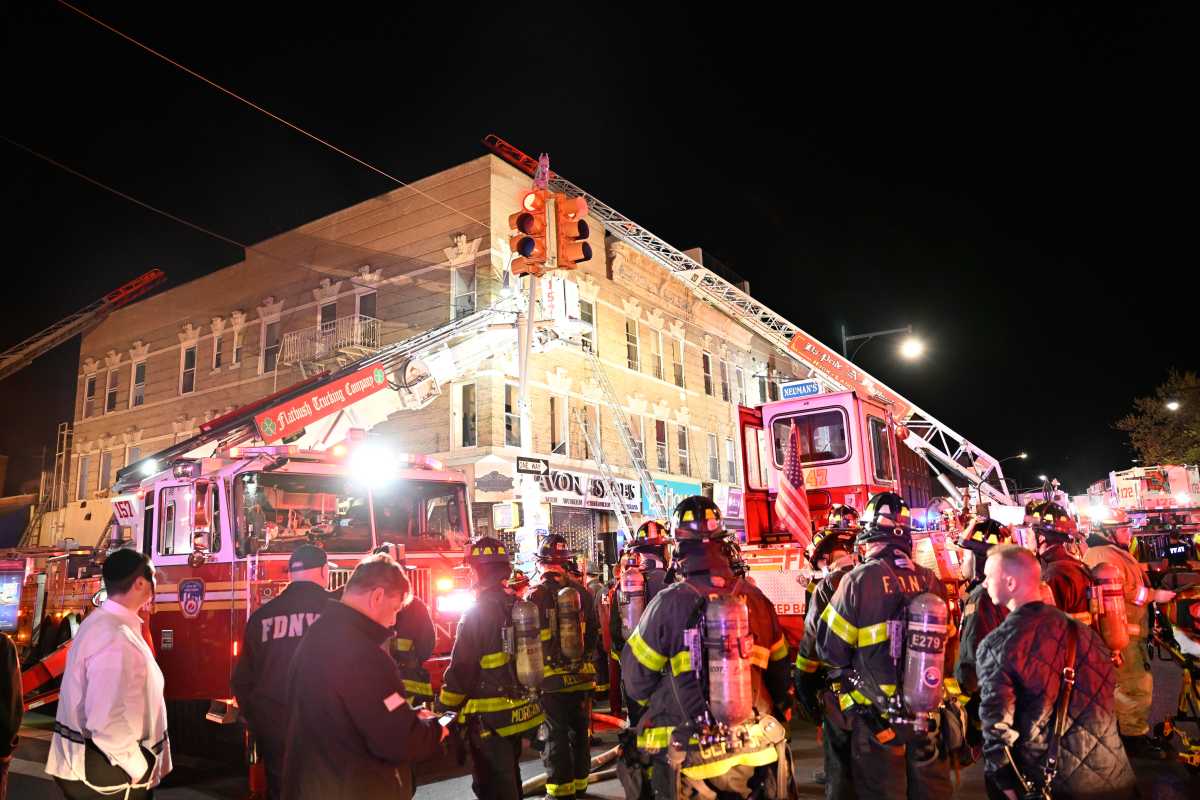In a time of political division, tight budgets, and shifting populations, the stakes for the 2030 Census couldn’t be higher. If Democratic strongholds like New York don’t prepare now, we risk weakening the very foundation of our political and economic power for the next decade — or longer.
In 2020, the Trump Administration attempted to suppress the count in blue cities by adding a citizenship question — a move struck down by the Supreme Court. But today, signs are emerging that another attempt to subvert the Census is on the horizon. The current administration has disbanded key Census advisory committees, suggested handing Census responsibilities to the U.S. Postal Service, and even floated eliminating the American Community Survey — an annual population estimate that helps ensure the accuracy of the decennial count.
That’s why, despite working in different legislative bodies, we’ve come to the same conclusion: New York must institutionalize its Census planning by creating permanent Census offices — one for the City, and one for the State.
We began working on this separately — Julie through legislation in the City Council, and Landon through a bill in the State Assembly — but the urgency of the moment brought our efforts into alignment. The 2020 Census taught us that the Census cannot be treated like a pop-up shop every ten years. It must become core civic infrastructure.
In 2020, New York State had its smallest loss of Congressional seats in 70 years. Since 1950, we’ve lost at least two seats per decade — including a record five in 1980 — shrinking from 45 districts to just 26 today. But in 2020, thanks to an unprecedented outreach campaign, we lost just one seat — and missed keeping all our seats by only 89 people.
Julie led that campaign as New York City’s Census Director, appointed by Mayor de Blasio. Despite a global pandemic, court battles, and a compressed timeline, the city achieved its highest self-response rate in decades and ranked first among major U.S. cities. That success was no accident — it took over 1,000 Census events, 34 media campaigns in 27 languages, 7 million texts, and 4 million phone calls — all during New York’s darkest days of COVID.
But building a Census infrastructure from scratch during a crisis is not a sustainable model. We need permanent offices to plan year-round, conduct multilingual outreach, analyze data, and engage deeply with hard-to-count communities across New York.
These offices should work with trusted messengers — faith leaders, schools, and nonprofits — to ensure every New Yorker is counted.
This isn’t just smart policy — it’s essential for funding over 200 critical social programs like SNAP and Head Start. In 2020, counting an extra 600,000 people brought in an additional $1.8 billion per year for New York City alone. That result came from a one-time $40 million Census outreach budget.
Now, Landon is advocating for a $2.5 million initial state investment to create a permanent Census Office — an investment with an ROI that would make any private equity executive jealous. For every dollar spent on outreach, New York stands to gain hundreds in federal funds. We cannot think of another public investment that delivers that level of return.
And the consequences of failing to act are clear. Without bold investment in Census strategy, blue states like New York will continue to lose Congressional seats while red states grow stronger. It’s a quiet crisis unfolding in real time — one that demands a strategic and sustained response.
The future of the Democratic Party depends on this. If we fail to count our people, we give up our resources, our representation, and our political leverage — by default. The Census isn’t just about numbers. It’s about power. And if we don’t get it right, others will do it for us.
The next Census takes place in 2030. But our future will be decided by what we do — or fail to do — in 2025, 2026, and every year in between.
We’re committed to making sure New York is ready. We urge our colleagues at every level of government to join us — because the stakes are far too high to wait.
Julie Menin is a New York City Council Member representing Manhattan’s East Side and Roosevelt Island and served as NYC Census Director in 2020. Landon Dais is a New York State Assemblymember representing the 77th District in the Southwest Bronx and serves as a vice-chair of the Bronx Democratic Party.



































